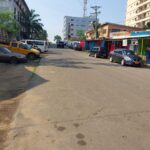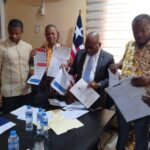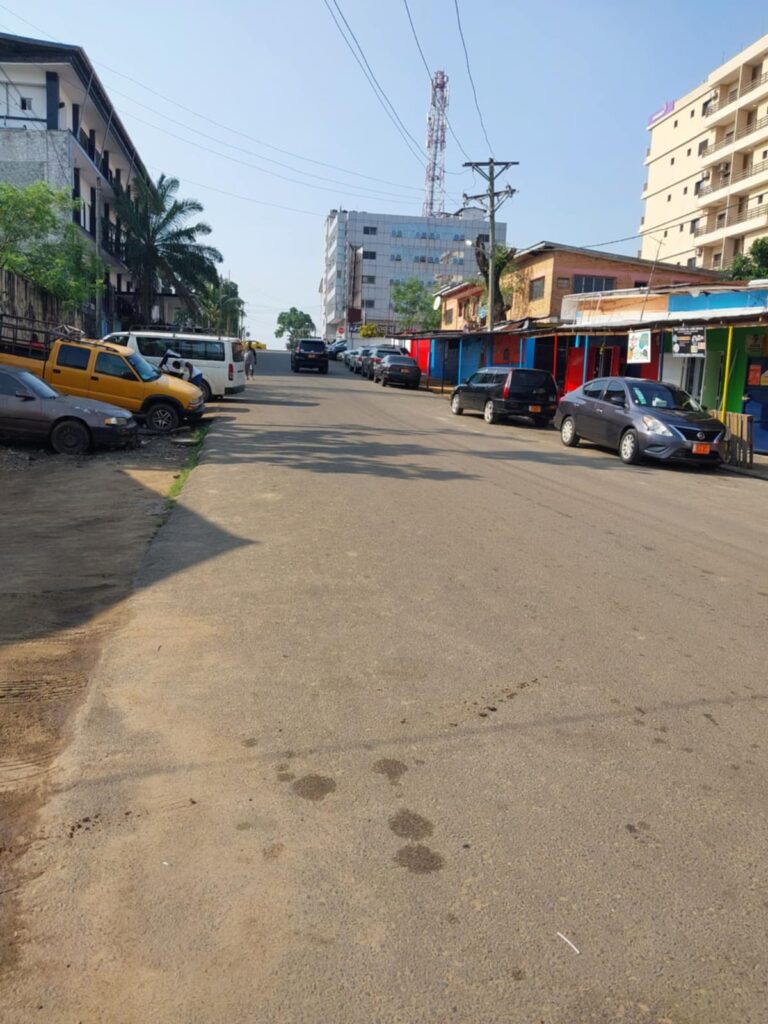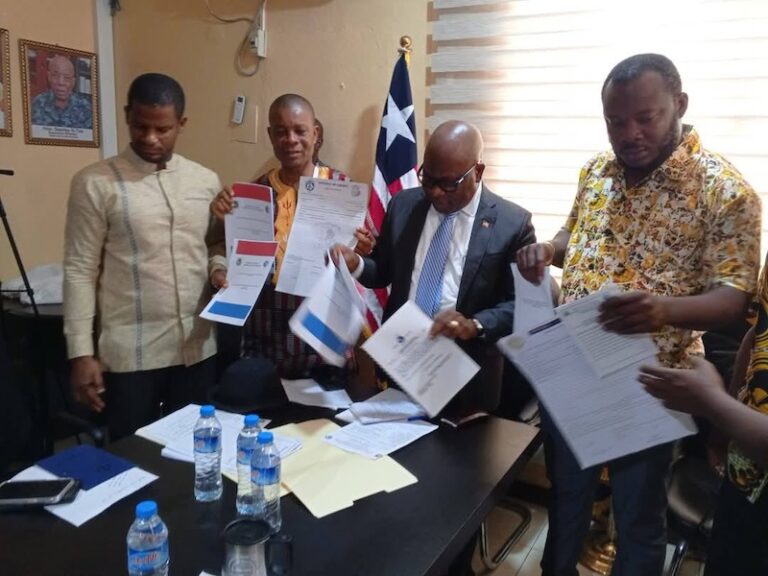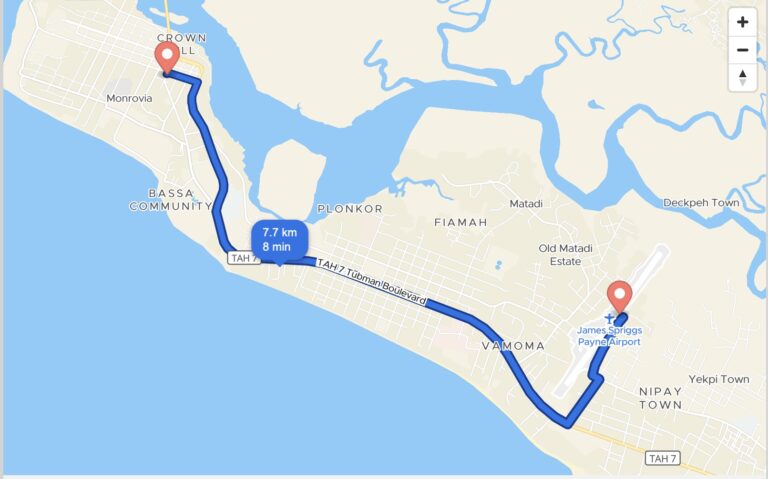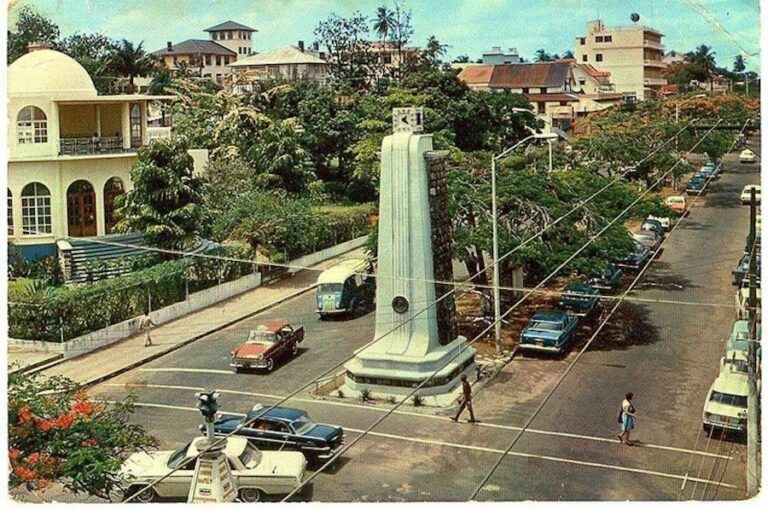
By Dwoe Peter
In the heart of West Africa, Liberia stands as the continent’s oldest independent republic, founded on democratic principles following its independence in 1847. However, its journey toward sustaining a truly functional democracy has faced numerous challenges, including prolonged civil conflict, economic instability, and weak institutions. Central to the discussion about Liberia’s democratic progress is the oft-repeated principle: “a democracy cannot function without an informed and civically educated citizenry.” This phrase holds profound implications for governance in Liberia, as it underscores a fundamental truth: the vitality of a democratic system hinges on the active, informed participation of its citizens and highlights the essential role of citizens in shaping, sustaining, and holding accountable democratic systems. The interplay between civic education, access to information, and citizen engagement is pivotal in shaping the trajectory of Liberia’s governance.
The Imperative of Civic Education in Liberia
Democracy thrives when citizens understand their rights and responsibilities, are aware of how government institutions work, and participate actively in civic life. Civic education serves as the cornerstone of a functioning democracy and equips citizens with the knowledge to vote wisely, engage in constructive dialogue with their political system, question leadership decisions, and advocate for their communities. Without this foundation, the population may not fully understand the workings of the constitution, the separation of powers, or the role of government bodies, and citizens become susceptible to manipulation, disinformation, political apathy, and clientelism – issues that have been historically present in Liberia.
In Liberia, the reintroduction of civic education into the national curriculum marks a significant step toward fostering an informed electorate. Initiatives like Civics and Service International’s LAW+YOU program have been instrumental in this regard. In partnership with the Ministry of Education and supported by the Open Society Initiative for West Africa (OSIWA), LAW+YOU have provided students with comprehensive lessons on governance, justice, and civic responsibilities.
Moreover, the USAID/Elections and Democracy Activity, in collaboration with UMOVEMENT, has launched civic education training for numerous public primary schools across several counties. This program aims to enhance students’ understanding of citizenship, democracy, and governance, thereby nurturing a generation capable of informed political participation.
Access to Information: A Pillar of Democratic Engagement
Informed citizenry is predicated on access to accurate and timely information. In Liberia, however, challenges such as limited internet penetration and reliance on traditional media like radio and word of mouth can impede the dissemination of information. Politicians and interest groups can exploit these vulnerabilities, spreading misinformation to sway public opinion or suppress dissent. A well-informed citizenry relies on independent, fact-based journalism – yet in Liberia, journalists often face harassment or limited resources, which impedes their ability to serve as watchdogs of democracy.
Moreover, when citizens lack accurate information, elections can become popularity contests rather than meaningful assessments of leadership capability/capacity. This leads to the election of officials based on tribal allegiance, personal charisma, or short-term incentives rather than policy competence and integrity. In such environments, democratic systems exist in name, but not in function.
Civic Engagement and Accountability
An informed and civically engaged population also plays a key role in demanding transparency and good governance. Liberia has made strides in institutional reforms and anti-corruption efforts, but enforcement is inconsistent. Where citizens are unaware of their rights or become disengaged from civic life, there is little grassroots pressure for reforms to take root. Civil society groups, student unions, community-based organizations, and religious institutions have historically played vital roles in educating citizens and promoting accountability. Strengthening these actors is essential for nurturing a democratic culture.
The 2017 and 2023 elections in Liberia displayed both progress and pitfalls. While peaceful transitions of power were achieved – a hallmark of democracy – voter education efforts were insufficient in many areas, leading to confusion, low turnout in some districts, and voting patterns driven by misinformation. These issues underscore the urgent need for broader civic education campaigns and more investment in public awareness.
Moving Forward
For Liberia to strengthen its democracy, it must prioritize civic education and access to information. This includes incorporating comprehensive civic education into school curricula, supporting independent media, enhancing digital literacy, and encouraging youth participation in democratic processes. Government institutions, civil society, and international partners must collaborate to create platforms that empower citizens to understand their government and play active roles in shaping its policies.
Conclusion
In conclusion, the adage “a democracy cannot function without an informed and civically
educated citizenry” resonates deeply within the Liberian context as Liberia’s democratic potential cannot be fully realized without an informed and civically educated population. Citizens must not only cast votes but understand the implications of those votes. They must not only observe governance but participate in it. While significant strides are being made in enhancing civic education and promoting citizen engagement, challenges such as corruption, economic inequality, and limited access to information continue to impede the full realization of democratic ideals. Addressing these issues requires a concerted effort from all sectors of society, including government, civil society, and international partners. Democracy is not simply a system of government—it is a shared civic practice, and its success in Liberia depends on how well its people are prepared and empowered to engage with it. By fostering an informed and active citizenry, Liberia can strengthen its democratic institutions and pave the way for a more inclusive and prosperous future.



